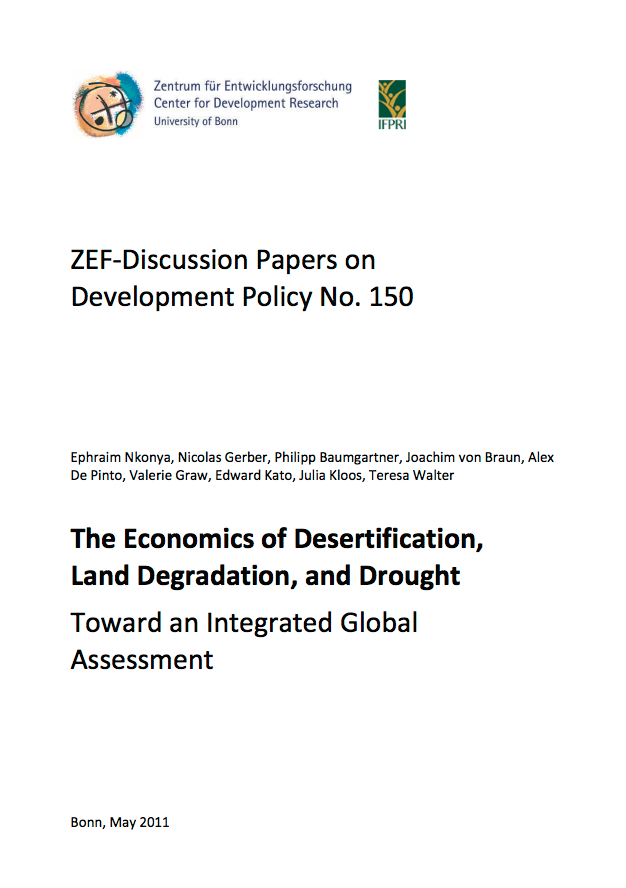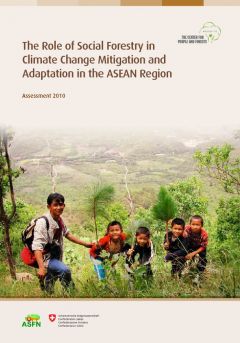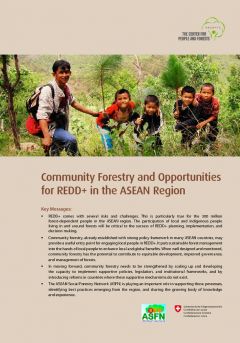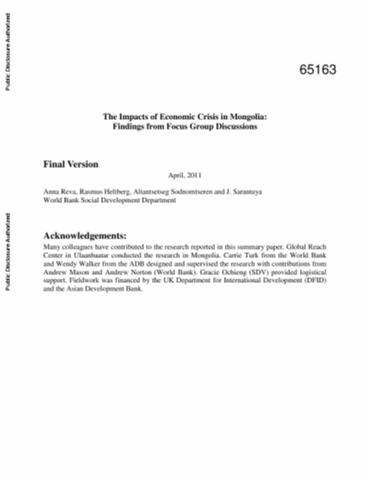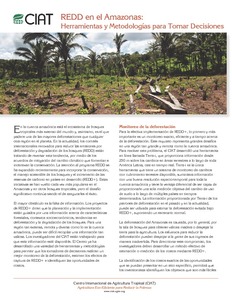Understanding Land Investment Deals in Africa. Country Report: Sierra Leone
Includes Sierra Leone: open for business, land use and land tenure in Sierra Leone, land deal in Sierra Leone: four case studies, responsible agro-investment? Found a lack of transparency and public disclosure in all aspects of the four land deals, an extremely weak regulatory framework, confusion around ‘availability’ of land, lack of environmental protection, conditions ripe for exploitation and conflict.




